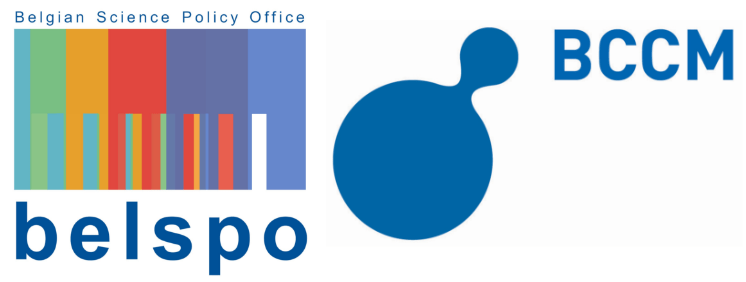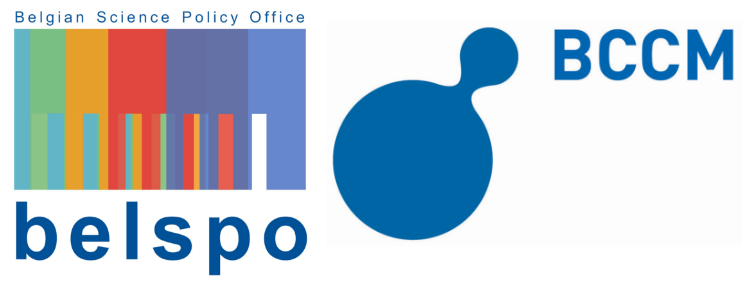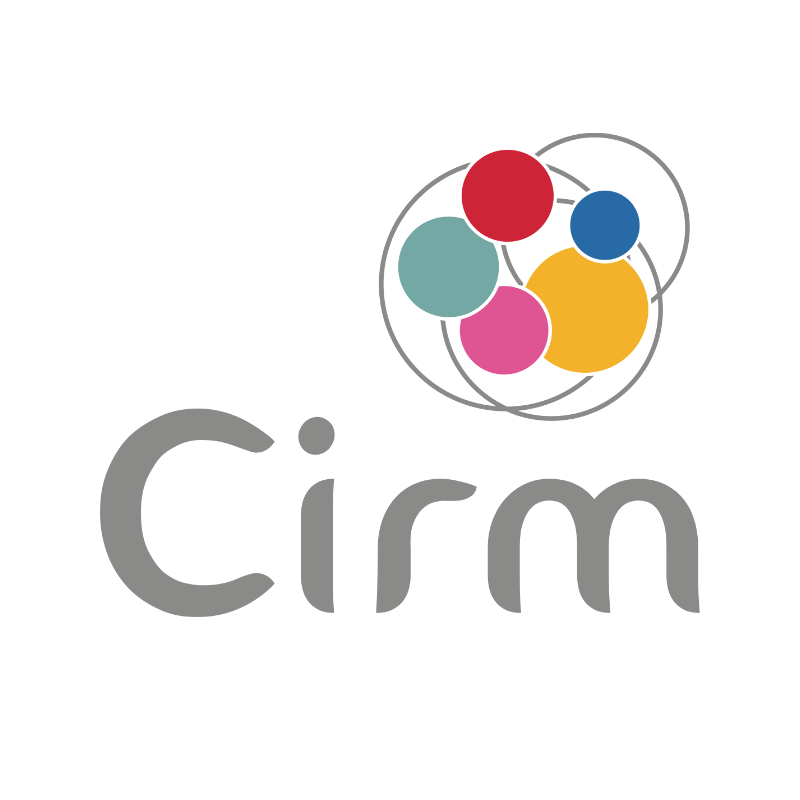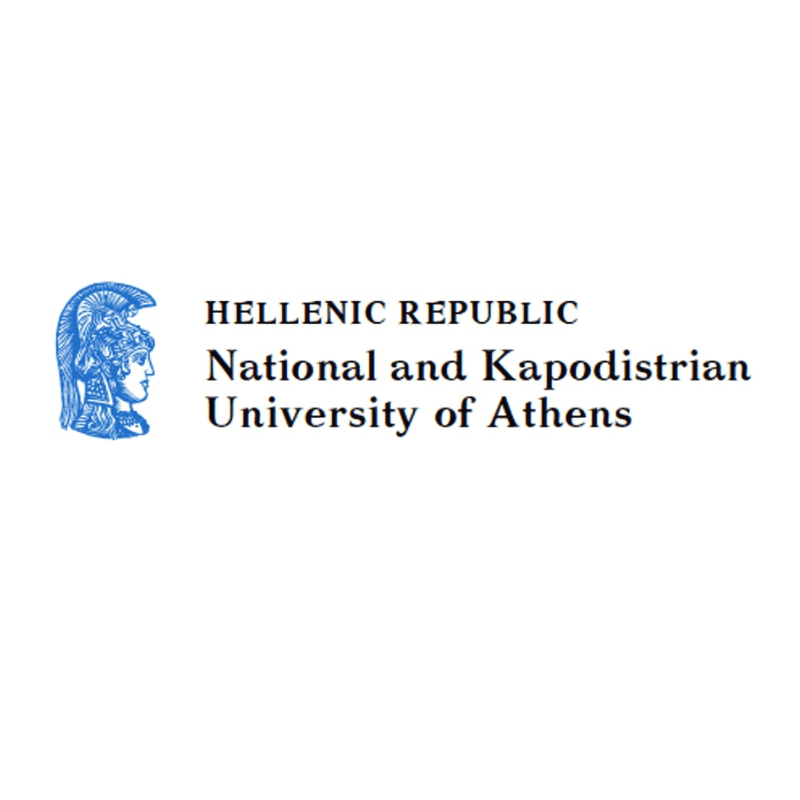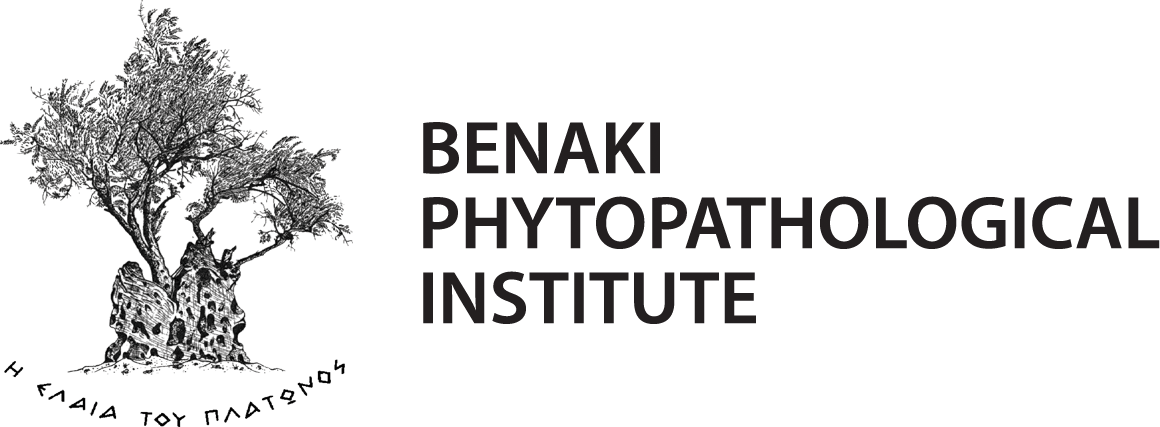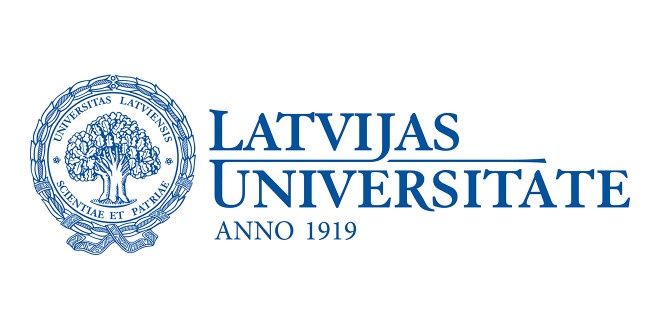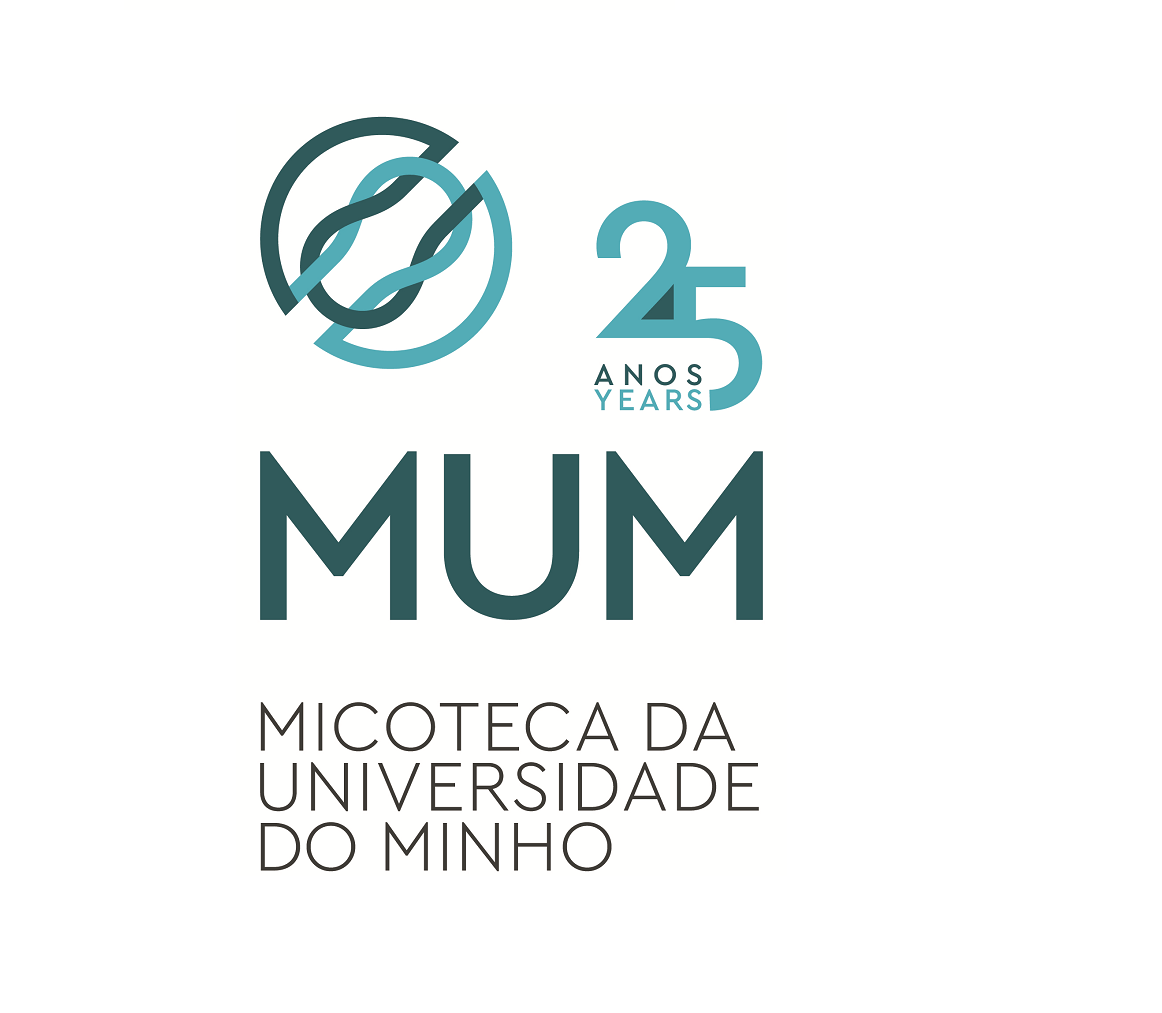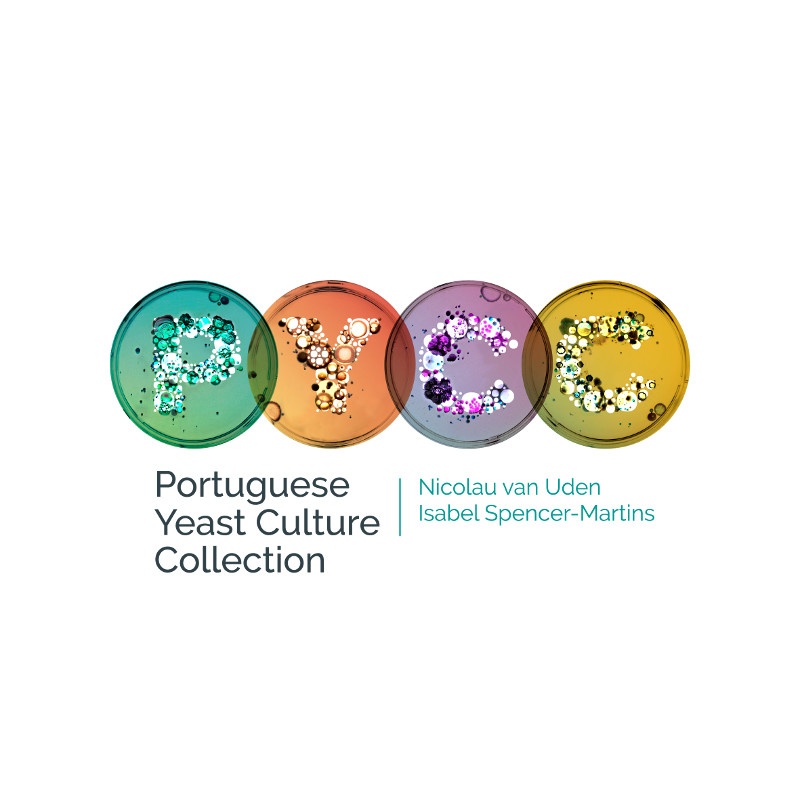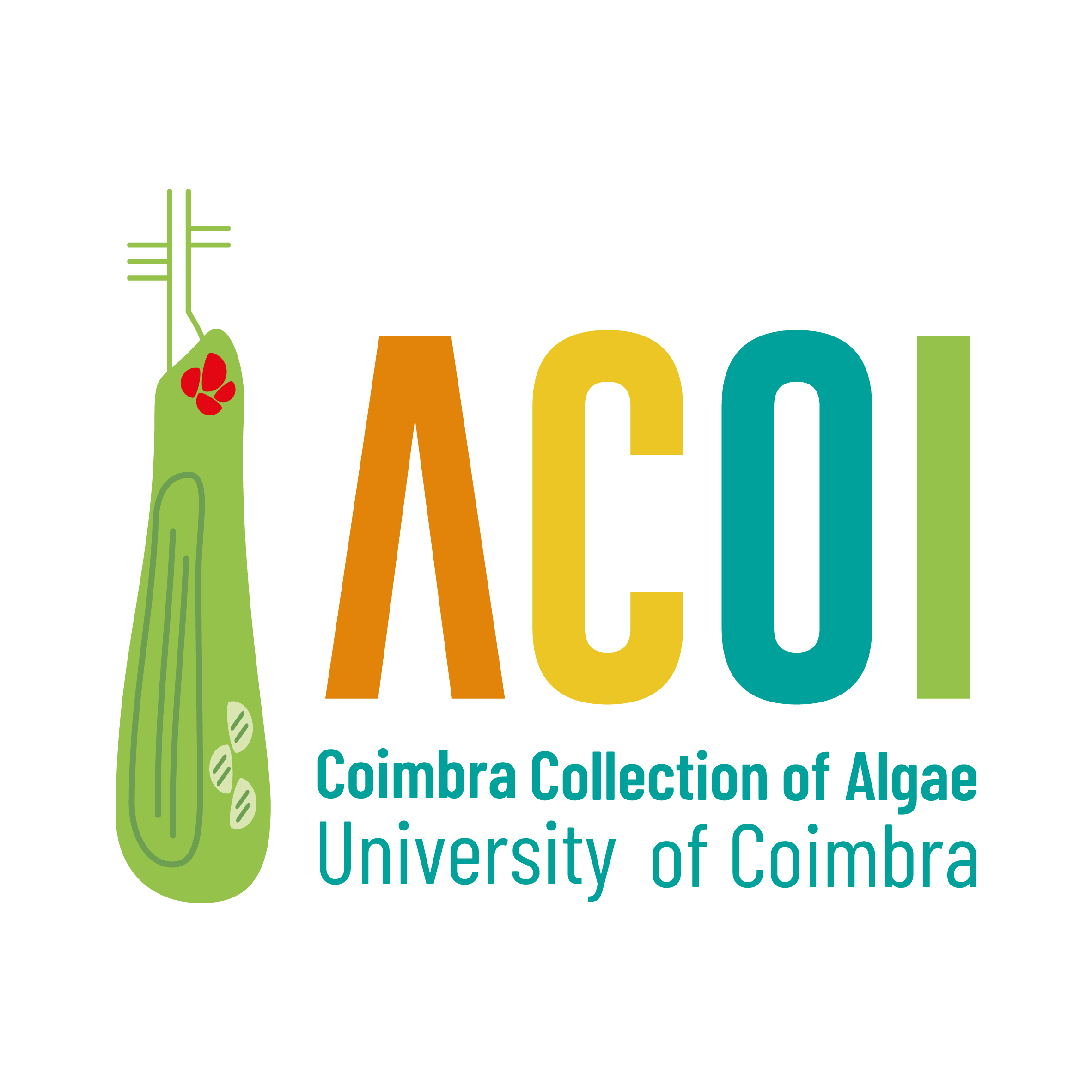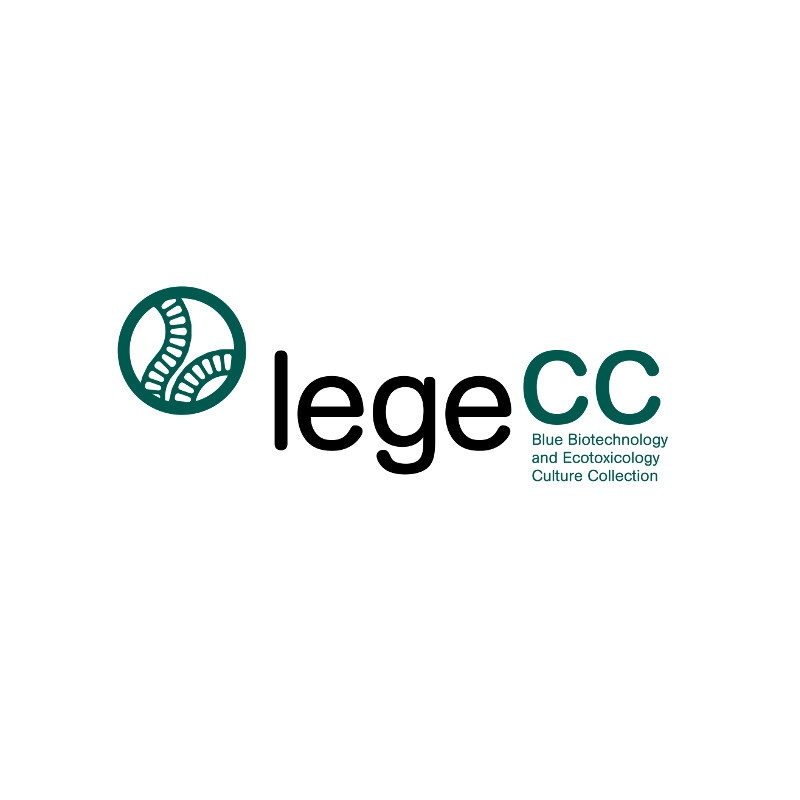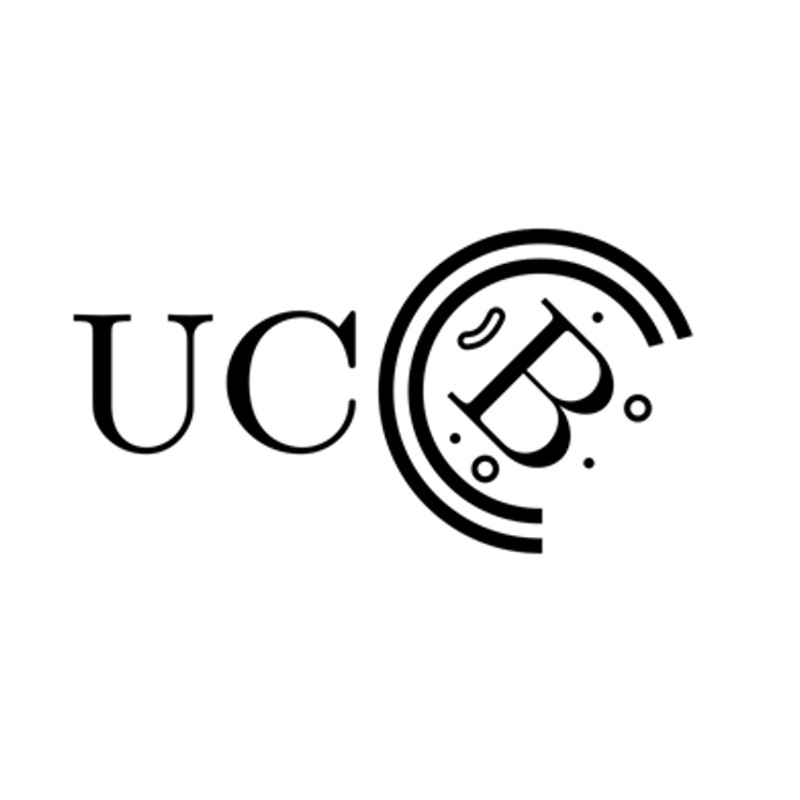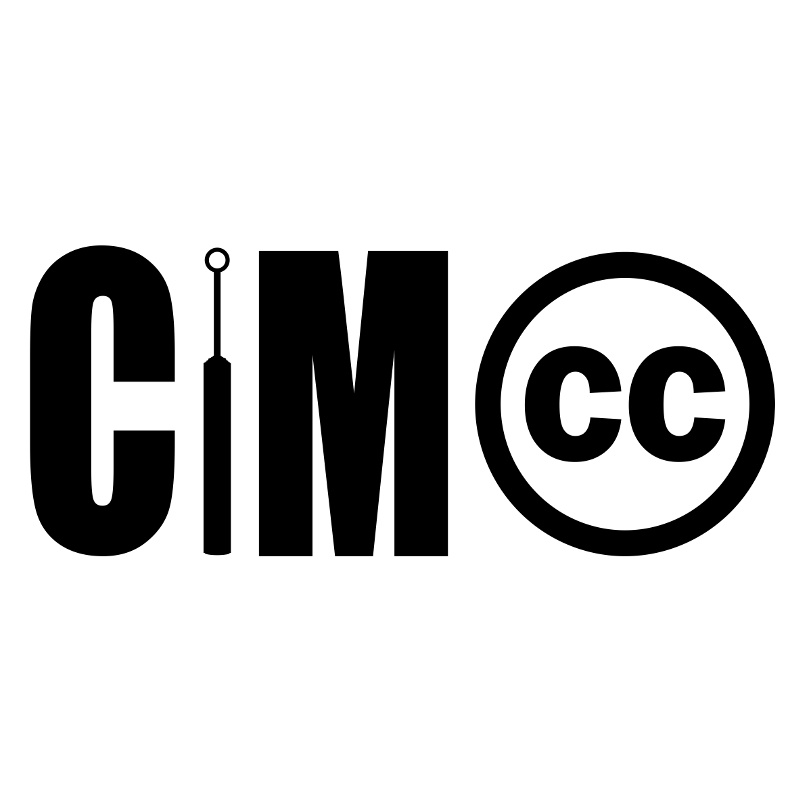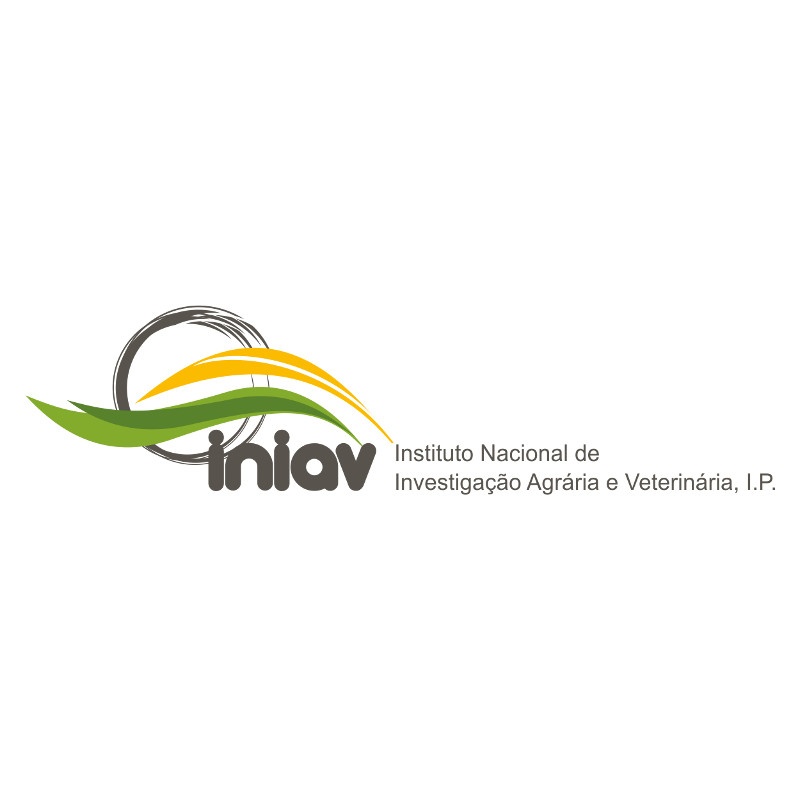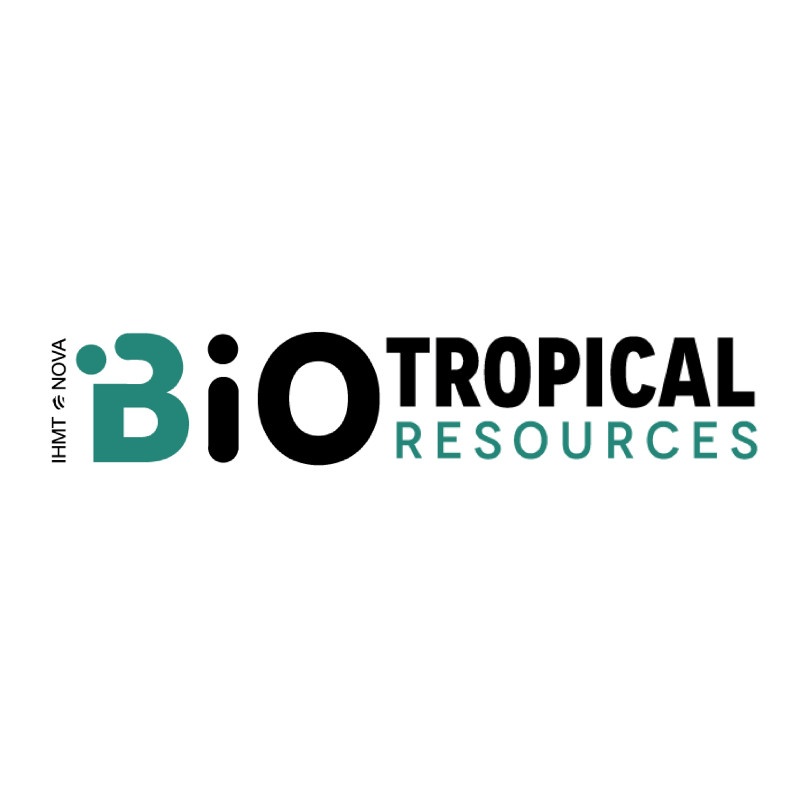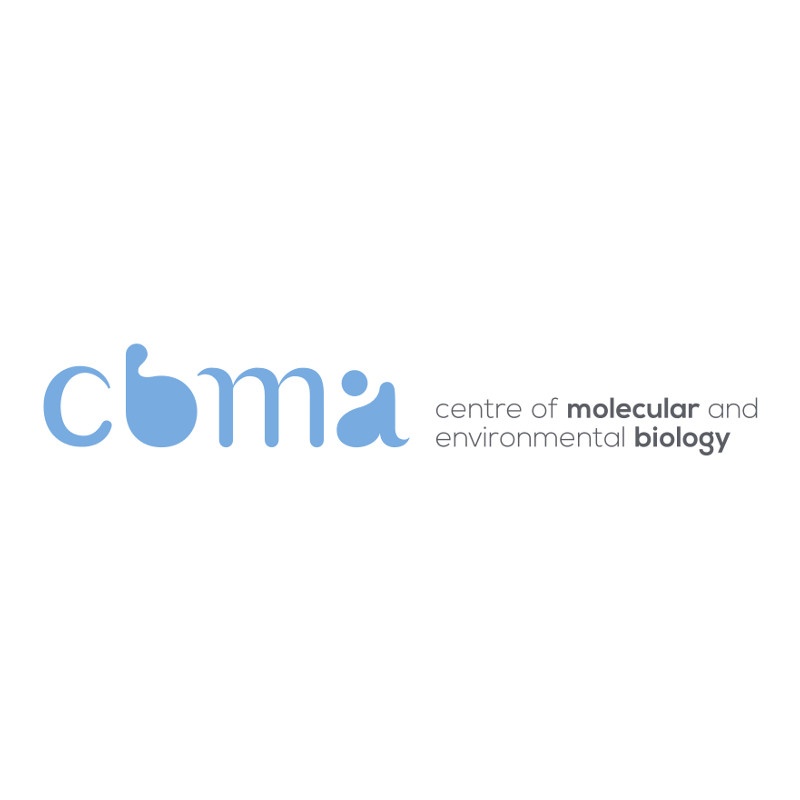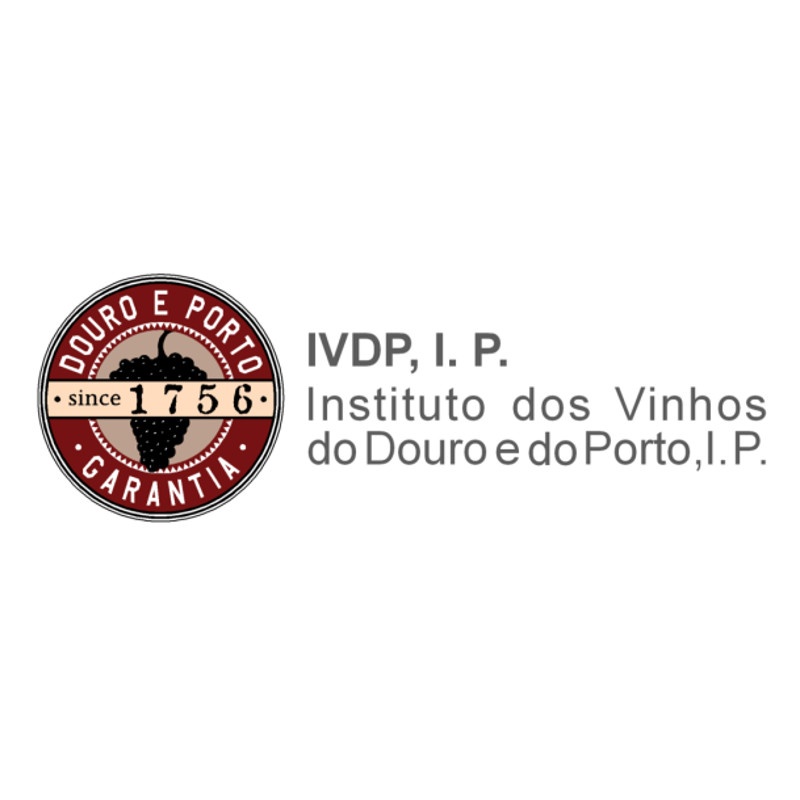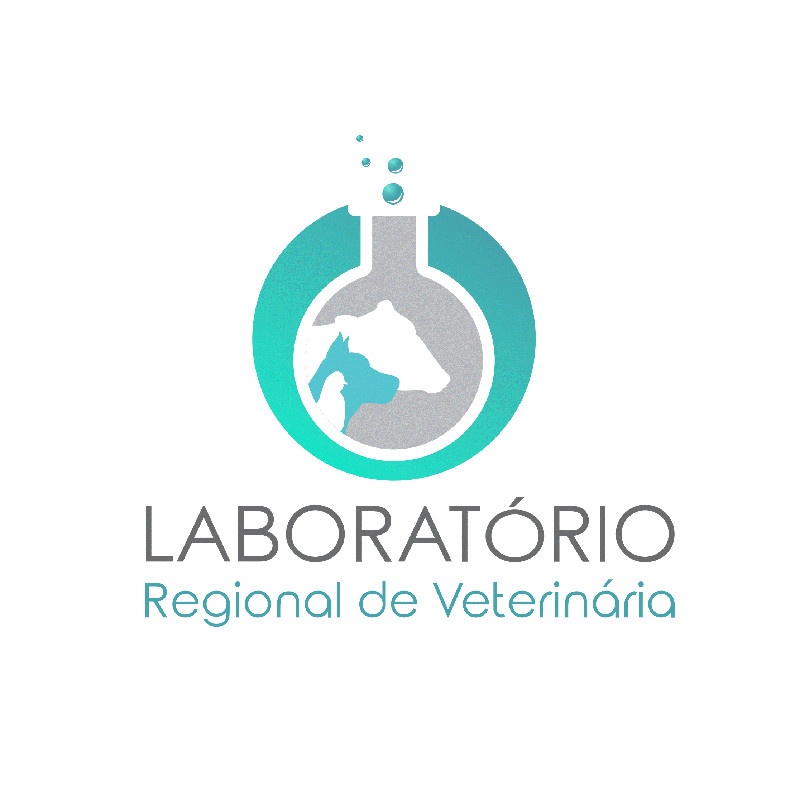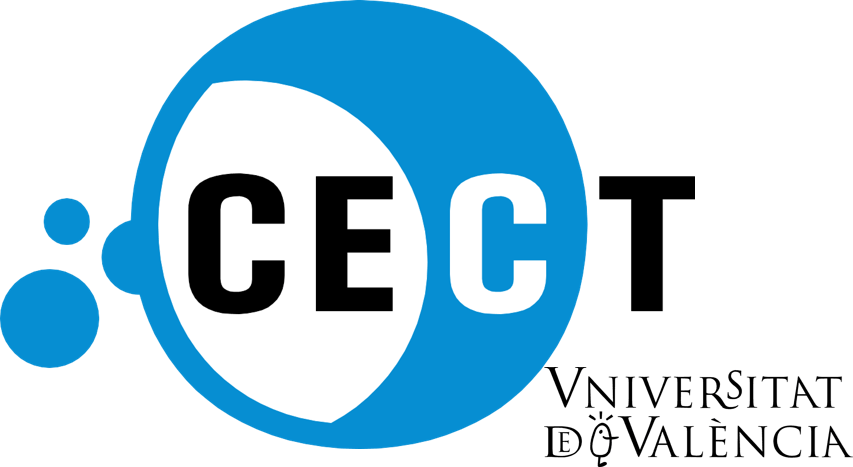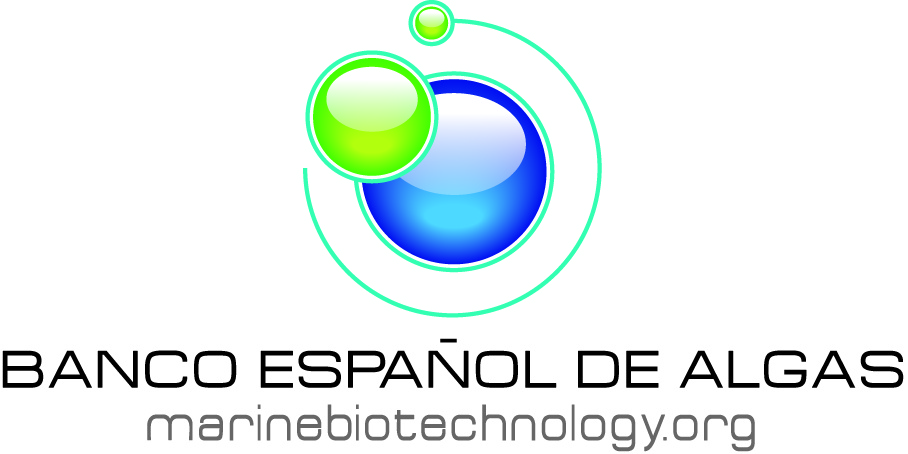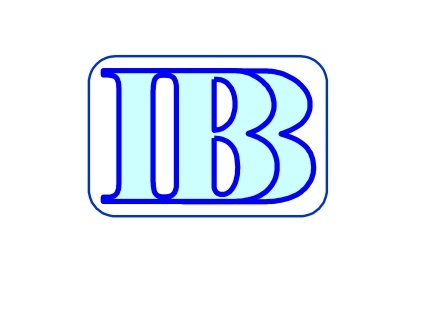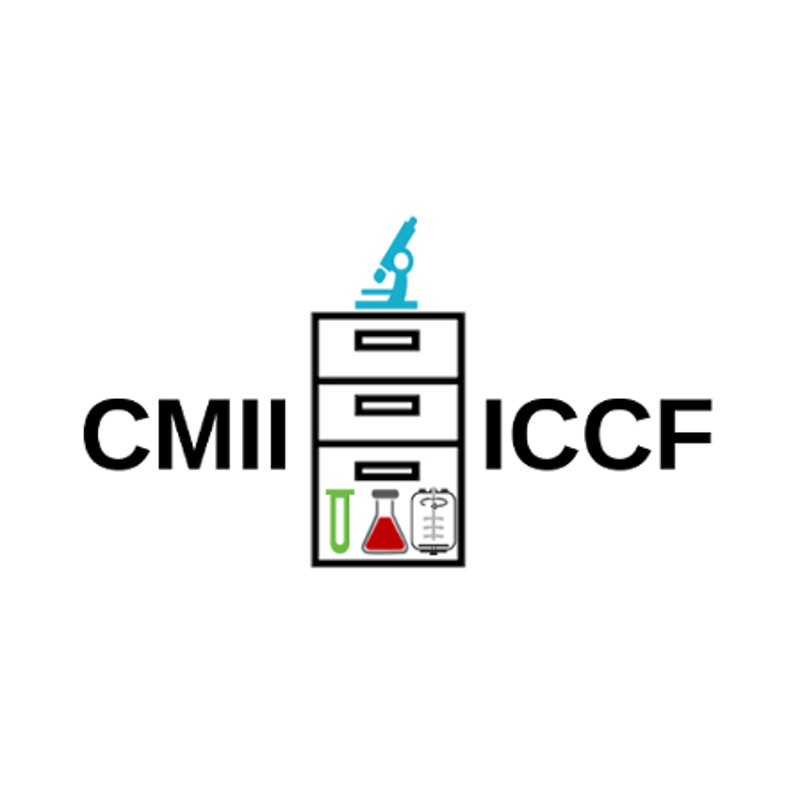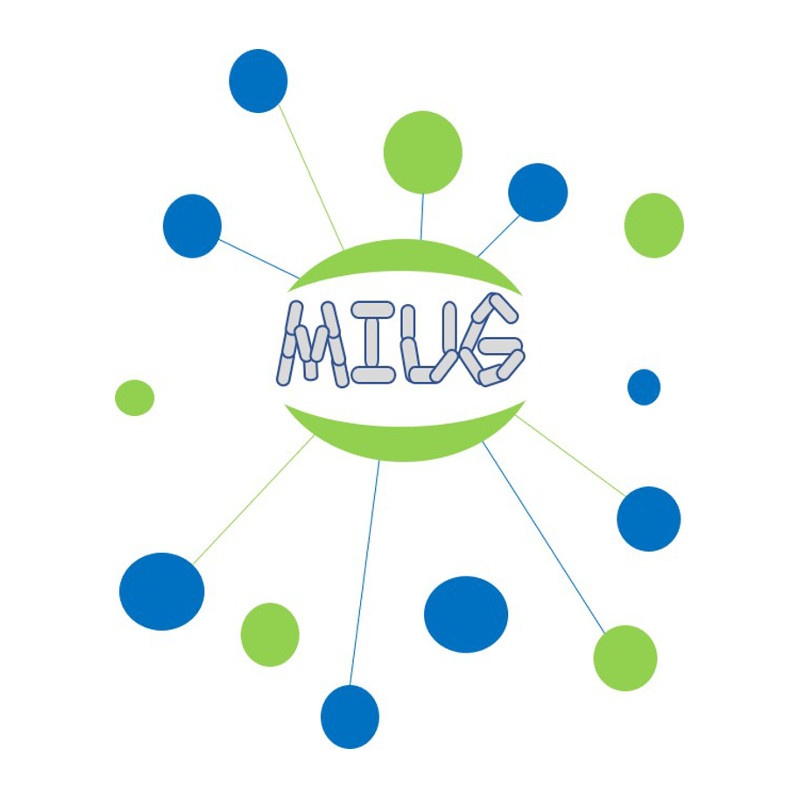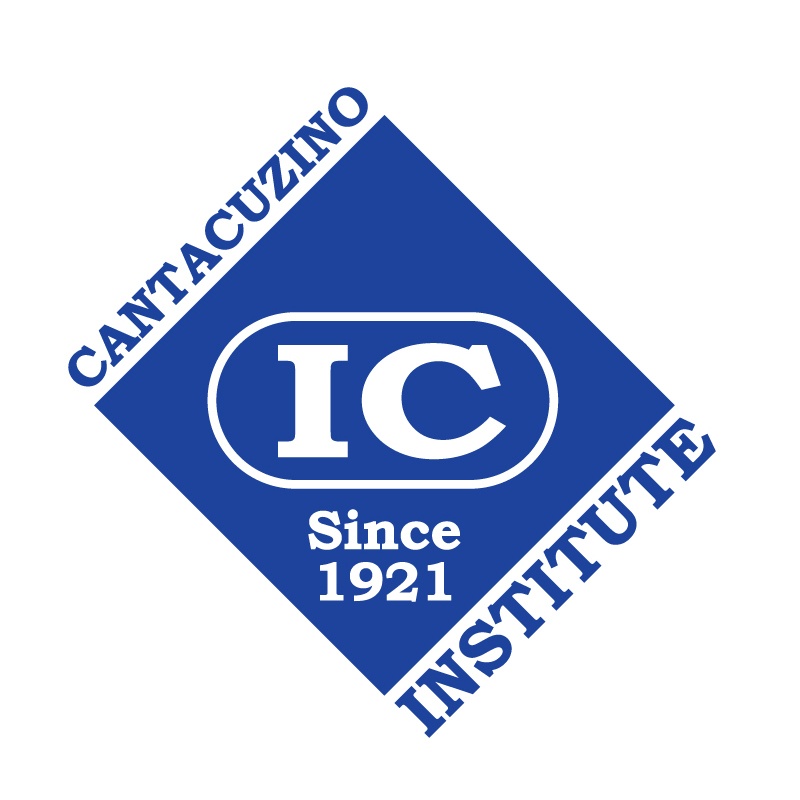MIRRI brings together and provides a single point of access to 50+ microbial domain Biological Resource Centres (mBRCs), culture collections and research institutes from ten European countries.
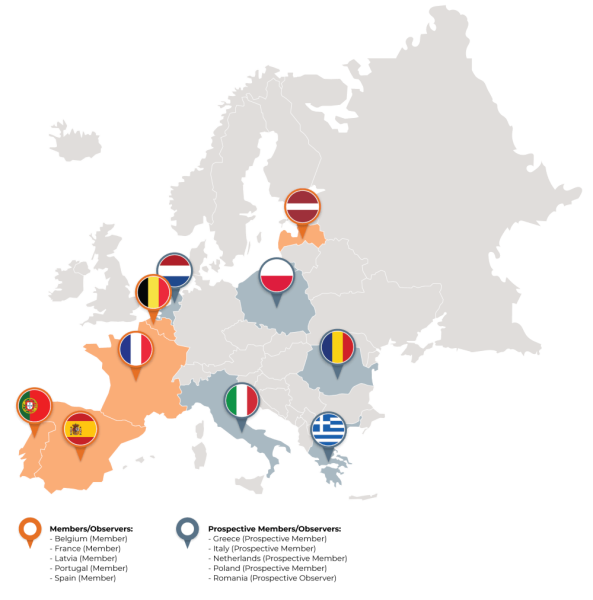
Members


Observers

The offer of microbial genetic resources tends to be dispersed and no single country can offer a complete coverage of microbial diversity and associated services, which makes the case for an overarching organisation to make best use of current capacity, bridge gaps and address the needs of biotechnology.
Under the framework of the European Strategy Forum for Research Infrastructures (ESFRI) Roadmap, the objective of MIRRI is to consolidate and operate a pan-European distributed Research Infrastructure that provides facilitated access to high-quality microorganisms, their derivatives, standardised associated data and services to underpin research, development and innovation in microbiology, life sciences and biotechnology.
For each Member country participating, MIRRI strives to enable them to coordinate and mutualise a comprehensive set of resources and services for the benefit of the European Research Area (ERA) and its scientific community. MIRRI endeavours to stimulate the scientific and technological development of the European regions, to boost the competitiveness of product and service development in the different sectors of biotechnology and to act as a catalyst for investment and job creation in the European countries.
For individual organisations – mBRCs, culture collections or research institutes – the participation in MIRRI may bring several benefits, such as: become more competitive, provide improved harmonised services as a result of the exchange of knowledge, SOPs, QMS, and best practices; improve sustainability, enlarge holdings in a coordinated, standardised and coherent manner, in line with their major expertise; improve the standardised data offer associated to the microbial resources, by connection to the MIRRI Information System; increase the accessibility to their capacities taking advantage of the higher profile conferred by the MIRRI brand.
EU Member States, associated countries, third countries other than associated countries and intergovernmental organisations may become a Member or an Observer of MIRRI. In wishing to do so, they shall issue a written request to the Chair of the Assembly of Prospective Members, in English, describing how they would contribute to MIRRI tasks and activities and how they will respect the obligations of Members or Observers. The application will then be examined by the proper MIRRI bodies and a decision issued.
MIRRI is continuously engaged in enlarging its geographic coverage in Europe and beyond. If you would like to know more about participation in MIRRI, please contact us: info@mirri.org.
To learn more about MIRRI’s value proposition to its members, partners and users, please read the document available here.



